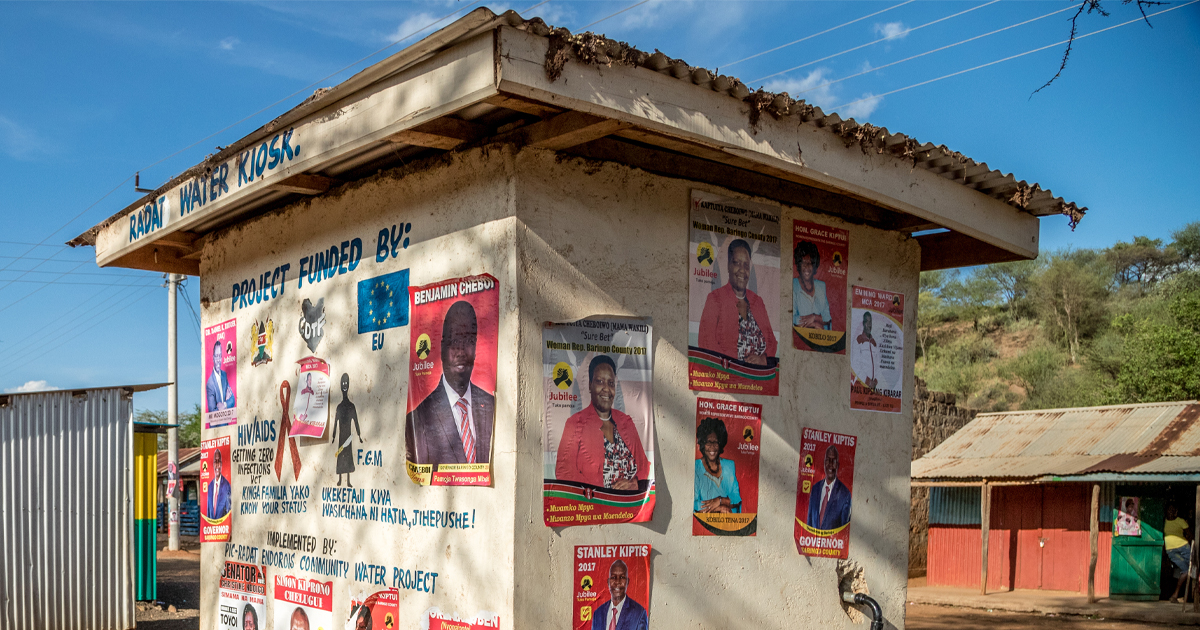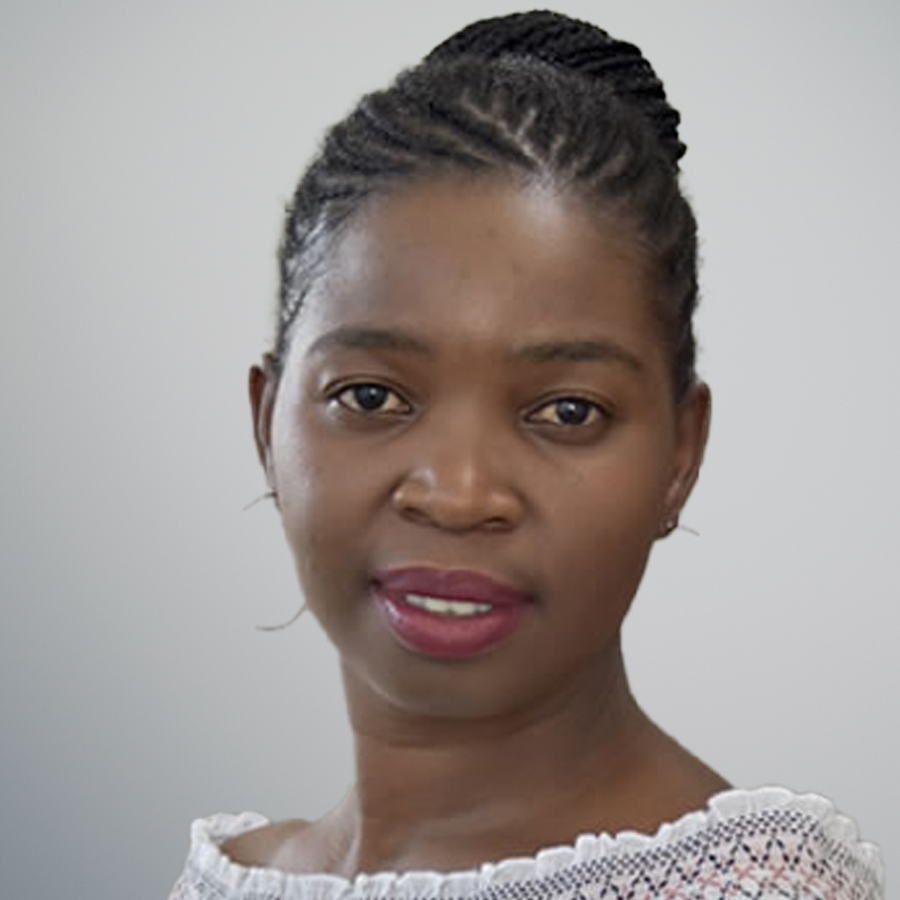The Centre for Human Rights, University of Pretoria is pleased to announce the continued expansion of the project on assessing State compliance with the Guidelines on Access to Information and Elections in Africa (the Guidelines). The Guidelines is a soft law instrument developed by the African Commission on Human and Peoples’ Rights (African Commission) and adopted during its 61st Ordinary Session in November 2017. It derives from article 9 of the African Charter on Human and Peoples' Rights which guarantees the right of access to information. The Guidelines require the Member States of the African Charter to give effect to the right of access to information through legislative and other measures.
The Guidelines emphasise the realisation of the right of access to information during African elections. States are required to create an environment that promotes proactive disclosure of credible information during elections. To this end, the Guidelines obligate State parties to take measures to ensure electoral stakeholders proactively disclose information of public interest to promote the transparency and integrity of election processes. These electoral stakeholders include: appointing authorities of Election Management Bodies (EMBs); EMBs; political parties and candidates; law enforcement agencies; election observers and monitors; media and internet regulatory bodies; media and online media platform providers; and civil society organisations. The Guidelines comprehensively detail the obligations of these stakeholders in ensuring proactive disclosure of information throughout the electoral cycle. The implementation of the Guidelines by state parties is envisioned to transform electoral processes in Africa by promoting electoral transparency and meaningful participation in elections by an informed electorate.
The CHR conducted the flagship country assessment under this project in 2019 by assessing South Africa’s compliance with the Guidelines during the national and provincial elections that were held on 8 May 2019. The development of the South African report was a multi-stakeholder effort with the input of the South African Human Rights Commission (SAHRC), the Human Sciences Research Council (HSRC), the Electoral Institute for Sustainable Democracy in Africa (EISA), and the Freedom of Expression Institute (FXI). The report was launched in 2020 with the then Special Rapporteur on Freedom of Expression and Access to Information in Africa, the African Commission’s Commissioner Jamesina King in attendance. Commissioner King lauded the South African report as pioneering research on state compliance with the Guidelines and emphasised the central role of electoral stakeholders in ensuring proactive disclosure of relevant and credible information throughout the electoral cycle. Fully in agreement with the Commissioner, the CHR seeks to undertake advocacy for the implementation of the recommendations of the report. The CHR will be, among other things, collaborating with and supporting critical electoral stakeholders to consider and implement the recommendations of the report towards promoting transparent elections and improving access to information ahead of the 2024 national and provincial elections.
Inspired by the success and remarkable contribution of the South African report, the CHR has sustained the momentum of the project by undertaking similar assessments for the elections in Ghana (2020), Tanzania (2020), Uganda (2021), and The Gambia (2021). In 2022, the CHR will also be assessing State compliance with the Guidelines during the general elections in Kenya and Angola, both scheduled for August 2022. The CHR will be maintaining its collaborative culture in the development of these reports by working with like-minded partners at the country level with a strong background in human rights and democracy activism. The CHR is therefore pleased to announce its partnership with ARTICLE 19 Eastern Africa in the assessment of Kenya, and Maka Angola in the assessment of Angola. Following the release of the 2022 reports, the CHR will organise a regional multi-stakeholder workshop of key electoral stakeholders to consider the reports under this project and chart a way forward towards the implementation of the recommendations. The overall objective is the improvement of access to information throughout the electoral cycle as a crucial factor in promoting election integrity and delivering transparent and credible elections in Africa.
This project is overseen by the Expression, Information and Digital Rights Unit of the CHR.
For more information, please contact:
Tel: +27 (0) 12 420 3810
marystella.simiyu@up.ac.za
Tel: +27 (0) 12 420 4199
hlengiwe.dube@up.ac.za




